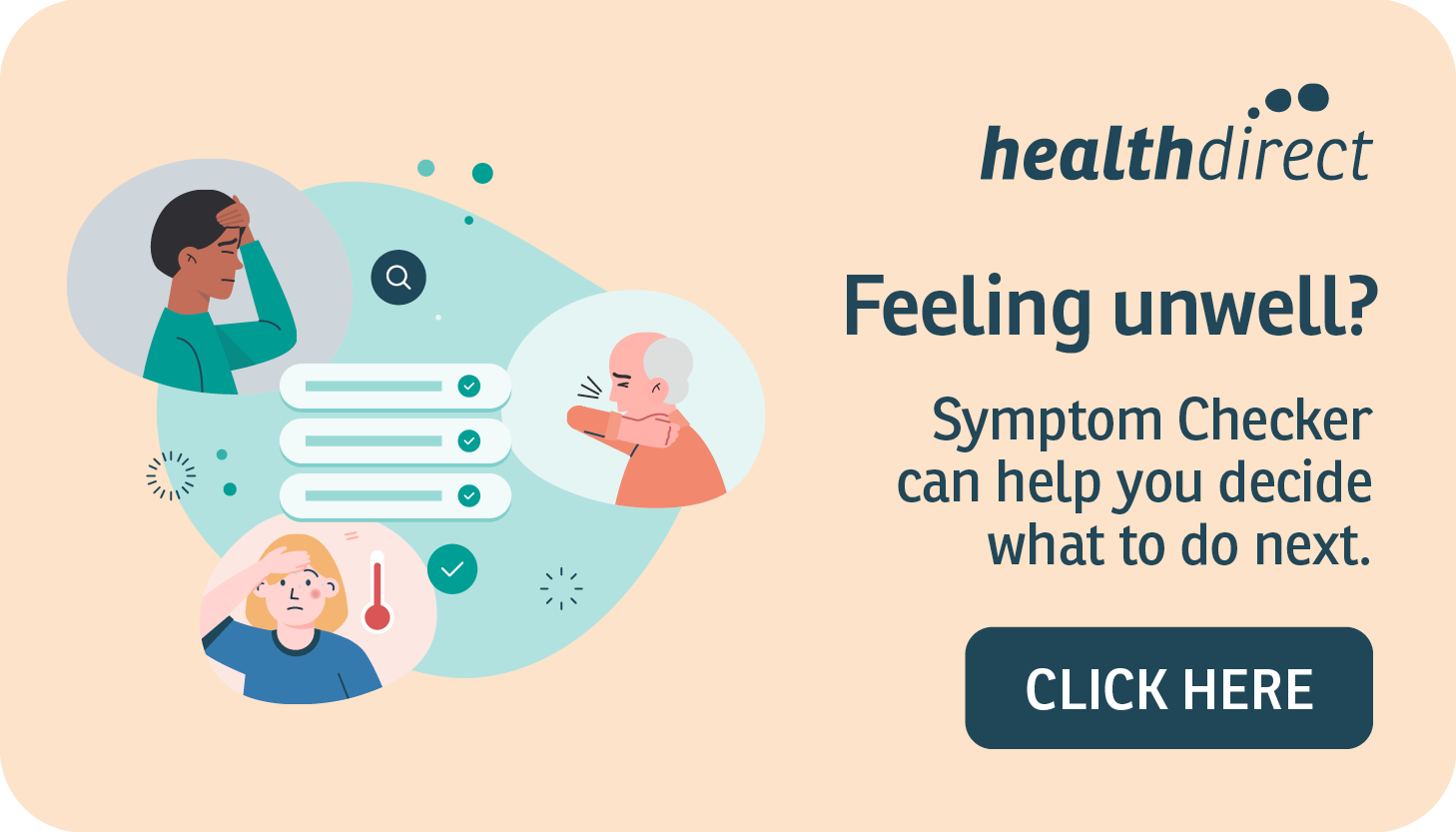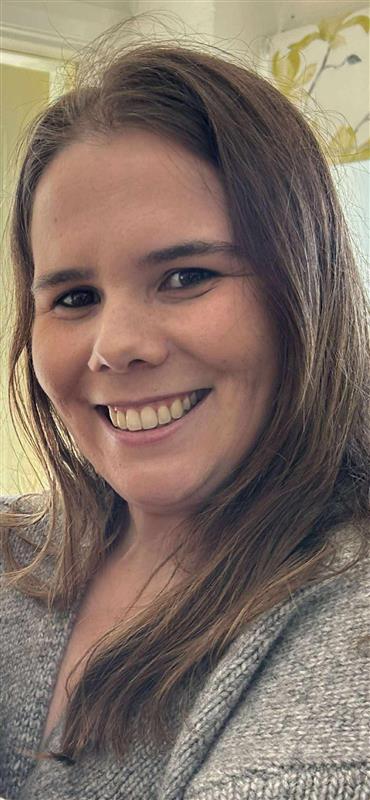“I don’t want my anxiety to get in the way of birth.”
This was my response when asked what I intended to learn from my Calm Birth class.
I’m no stranger to anxiety or depression, and I’ve spent many years in therapy because I never wanted mental illness to impact my parenting or to burden my future children. I was deemed at risk of postpartum depression and anxiety due to my history, so from the start of my pregnancy, I was determined to minimise the likelihood and severity of this. It became my mission. I was in contact with a psychologist through Gidget Foundation Australia, and was fortunate enough to receive the support of the hospital’s social worker. I thought I was doing everything ‘right’, but looking back, I missed the obvious reality that I had antenatal anxiety.
From finding out I was pregnant, health anxiety and the fear of ‘what if’ took away a lot of my joy. I had a very low-risk pregnancy and had no reason to question my health, but I still catastrophised every symptom and constantly sought reassurance. I spent that first trimester feeling disconnected from my baby, scared to get attached, and unable to trust my body.
By my second trimester, I was overwhelmed by a deep love for my little boy (who we affectionately called Pudge) and I experienced many moments of inner peace, so I was under the illusion that I was managing my anxiety. Unfortunately, there were many signs that things were getting worse, including insomnia, near-daily panic attacks, and constant researching. Something as innocent as a baby monitor cost me weeks of sleep, convinced a wrong decision was life-or-death for my baby. A lot of intrusive thoughts also crept in, from being stabbed, having a car accident, or falling down the stairs and landing on my belly. Slowly, my radius from the house shrank. The June 2021 lockdown provided a very convenient excuse to stay home.
I’d originally felt informed and calm about birth, and I would spend a lot of time visualising birth as empowering and fulfilling. But by my third trimester, I became convinced birth would be traumatic and that life-threatening complications were inevitable. My anxiety was so severe that I agreed to a planned c-section because I didn’t believe I could labour actively without panicking, and I associated a traumatic birth with an increased likelihood of postpartum depression. But this decision haunted me. I constantly burst into tears because I was petrified of surgery. Sometimes, I momentarily believed I could birth as I’d initially visualised, but then the anxiety would return, and once again I couldn’t trust my body. I learned about postpartum psychosis around this time too, and the potential of harming my baby just heightened the anxiety. I began to hyper-fixate on preparing for postpartum – researching, writing lists, anything to give me the illusion of control.
On the day my son was born, I cried all through the hospital hallways and endured panic attacks the entire surgery. I had a textbook c-section, lost minimal blood, and our son was in perfect health, but the anxiety only escalated when the surgery ended. I was afraid of every complication, from blood clots to delayed hemorrhaging, from sepsis to oozing. I’d never felt so fragile in my life.
Despite the anxiety, I spent two days bonding with my baby, learning his cues, and breastfeeding easily. I actually thought I’d be okay. But by the second night, I was hit with a surge of adrenaline trying to anticipate every problem I would face as a parent or that could face my son. Insomnia hit very quickly, I couldn’t close my eyes for days without being jolted awake in a panic. Insomnia convinced me postpartum psychosis was inevitable, so I fixated on trying to sleep, which of course made sleep more elusive. I then became engorged when my milk came in, so after days without sleep, I sobbed every feed in excruciating pain while midwives milked me by hand. It wasn’t long before I switched to formula.
After being discharged from the hospital, I spent the scariest week of my life at home. The intrusive thoughts had escalated and I became severely distressed by images of harm to my baby. I would constantly cry and shake, I couldn’t sleep or eat. I made my husband hold me for hours as if being held was the only thing that stopped the intrusive thoughts from coming to life. I was consumed by fears of ruining my son, he deserved so much better than me. I was spiraling and I didn’t know how I could survive this.
Before Levi was two weeks old, we were admitted to the mother-and-baby unit of a psychiatric hospital. I’d never felt so ashamed, so at rock bottom, but I was treated by a team of experts and surrounded by so much compassion and support from both the staff and the other mothers. Despite my history, I’d never taken antidepressant medication, so I was hesitant, but the staff took things at my pace. Between medication and a well-rounded therapy program, my distress quickly eased and I was able to sleep. I stayed there for four and a half weeks and was more afraid to be discharged than I was to be admitted.
My anxiety and depression symptoms slowly subsided with regular therapy and an outpatient group program. But for a long time, I blamed myself, grieving over what I let anxiety steal from me. I even kept my c-section scar bandaged for six weeks, I couldn’t look at the physical reminder of failing to control my anxiety. I’m now learning to give myself grace because mental illness is exactly that – an illness. There’s only so much we can ‘control’ without help. And I’m so grateful for the help I did receive – from family, friends, and professionals.
Nine months after my son’s birth, I’m less anxious now than I’ve ever been in my entire life. I didn’t believe it was possible, especially in motherhood, but I’m more patient, more present. I’m still healing though, and probably will be for a long time, but any anxiety-free moments I have, when I see my son smile or hear him laugh, just mean so much more now.
Rebecca's Story
Please submit your details below and we will be in touch soon.
Related Fact Sheets









.png)
















.png)

